21 November 2018
Researchers have uncovered a brand new role mitochondria play in keeping cancer cells alive and proliferating, new research out this week says. Published in the high-impact leading international journal Cell Metabolism, the research increases our understanding of the role of mitochondria in tumour formation, opening up new targets for treatment and research.

Professor Mike Berridge
Mitochondria are essential components of all living cells, providing the fuel needed for cells to grow and function. Extending their landmark 2015 research showing that cancer cells with damaged mitochondria acquire replacement mitochondria from surrounding healthy cells to restore function, the researchers find that it’s not only the mitochondria’s energy- producing abilities cancer cells covet, but something much more unexpected.
“Previously, we thought of mitochondria solely as energy powerhouses,” says Professor Mike Berridge, head of the cancer cell biology programme at the Malaghan Institute and one of the senior authors of this research. “When cancer cells are deprived of their mitochondrial energy-producing function, they acquire replacement mitochondria from their environment. While that’s certainly important for keeping cells alive, we know cancer cells can generate small amounts of energy independently of their mitochondria – enough to grow and divide.
“Quite unexpectedly we found that, in addition to generating energy, mitochondria are also essential for making precursors of nucleic acids – the building blocks of our DNA. This is game-changing. While many cancer cells can survive without the energy from mitochondria, they simply cannot grow without the ability to form new strands of DNA, which we now know mitochondria play a vital role in.”
While the ability to recover energy-production is an important coping mechanism in cancer’s dogged resistance to drugs and treatments, being able to make new DNA is much more important in terms of a cell’s ability to grow, divide and spread. In a cancer setting this means the ability to form tumours. The research, which was the collaborative efforts of nearly 50 researchers spread across eight countries including New Zealand, opens the door for a new class of therapies that more accurately target this Achille’s heel of cancer.
“Not only does this work give us invaluable insight into the biology of cancer, it goes further and opens up a key target for cancer treatment,” says Prof Berridge, who was the only New Zealander associated with this publication. “If this property of mitochondria can be targeted effectively it opens the door for new types of combination cancer therapies. Such a drug is already used to treat arthritis, suggesting that refinement and repurposing may be possible.
Without the ability to synthesize new DNA these cells would be much more sensitive to treatment and just won’t be able to form tumours.”
The published paper can be viewed here:
Bajzikova et al, Cell Metabolism, November 15, 2018. 'Reactivation of Dihydroorotate Dehydrogenase-Driven Pyrimidine Biosynthesis Restores Tumour Growth of Respiration-Deficient Cancer Cells’
Related articles
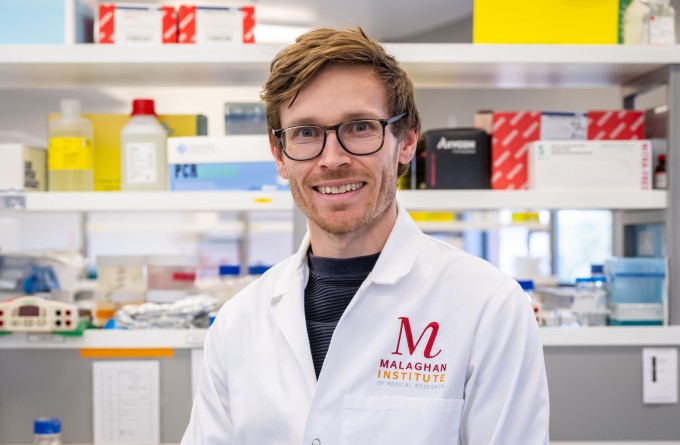
Eradicating H. Pylori bacterial infection to reduce stomach cancer
30 October 2025
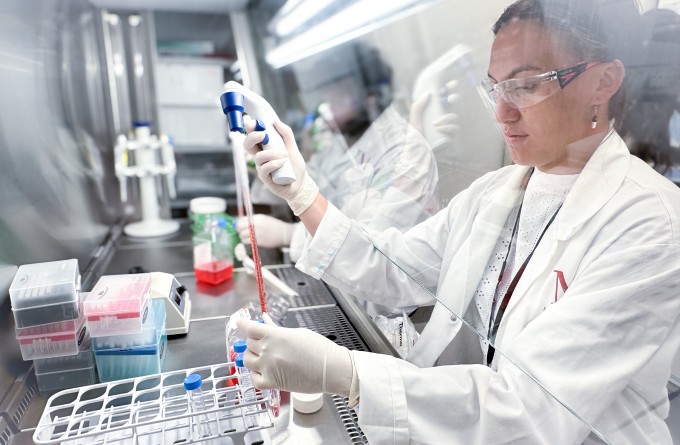
Developing next generation CAR T-cell therapies for more equitable cancer care
30 October 2025
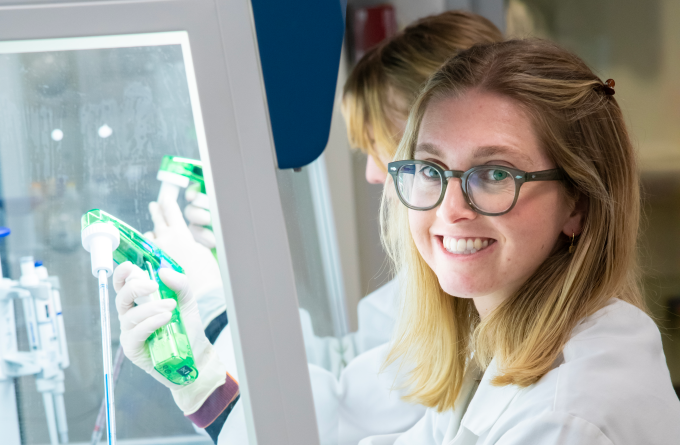
Making local impact using global training in liver cancer research
30 October 2025
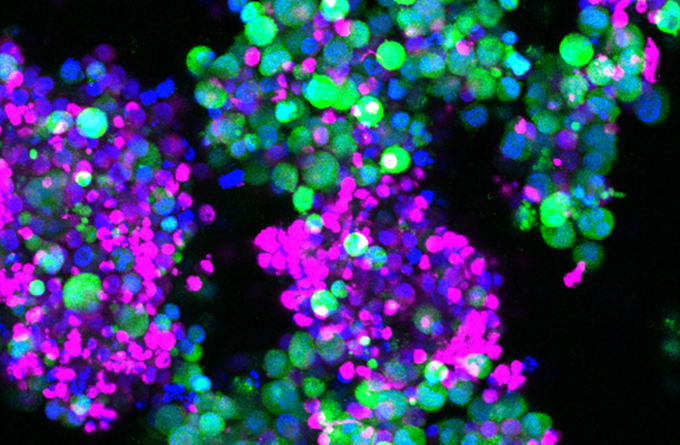
Faster CARs: overcoming cellular exhaustion to enhance cancer immunotherapies
29 October 2025
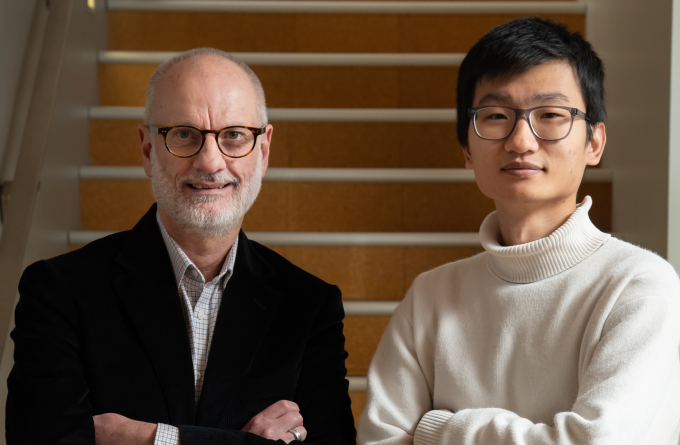
Improving immunotherapies for lung cancer
29 October 2025

Malaghan CAR T programme wins KiwiNet Research Commercialisation Award
23 October 2025
